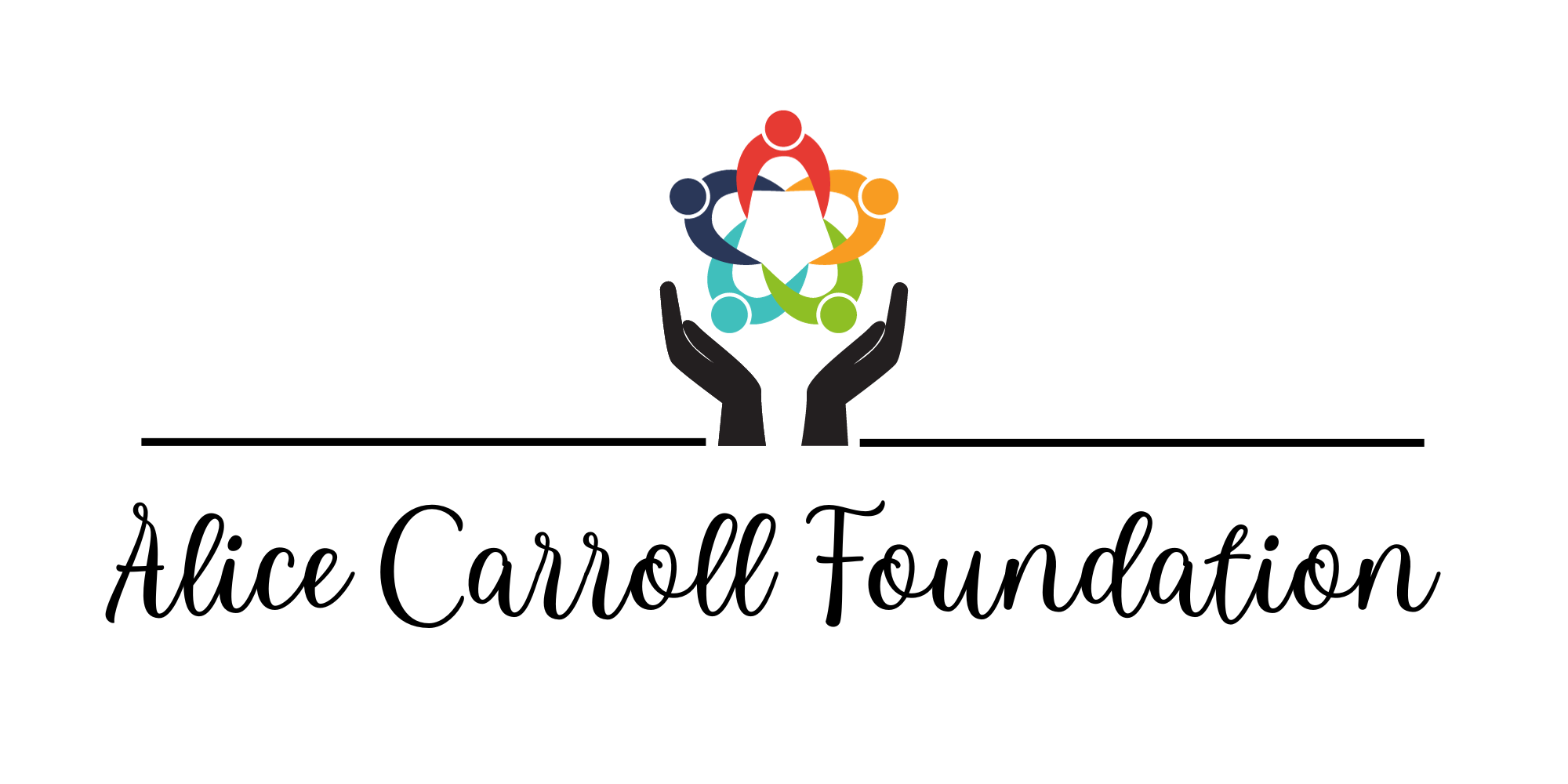Advance Care Planning (ACP)
Have you prepared for a sudden event?
What is Advance Care Planning?
Advance Care Planning or ACP is about being prepared to have your wishes followed if you are no longer able to communicate your preferences. It allows you to have a say in your medical treatment when you are unable to speak or do anything to advocate for your own care. Someone close to you would need to make medical decisions for you. This person would be your Healthcare Agent. Advanced Care Planning in the conversation that results in the creation of an Advance Directive.
Why is ACP so important?
ACP conversations begin with helping the person at the center “hope for the best” yet “plan for the worst.” The person in the center will experience support, reflection, and confidence while making decisions for their End-of-Life care. Validating their “right to make choices in their own lives, including, but not limited to, where and with whom they live, their relationships, as well as end-of-life choices regarding CPR through individual choice or Supported Decision Making.

Who is ACP for?
Advance Care Planning is for healthy people at any age. It is also for individuals with advanced illnesses who want to help their families navigate the complex and confusing choices that must be made at the end of a loved ones life. ACP is for individuals who have personal goals, cultural beliefs, or values that shape their decisions around death or dying. We hope that an Advanced Directive is never needed, but unfortunately, sometimes it is. An advance Directive must be completed by a capable adult. Ideally, for one to have decision-making capacity, they must have:
- The ability to understand that one has authority—that there is a choice to be made.
- The ability to understand information.
- The ability to communicate a decision and the rationale for making it.
- The ability to make a decision consistent with one’s values and goals that remain reliable over time, or to be able to explain why one’s values have changed.
Determining ones decision-making capacity is important for three reasons:
- Capable adults make their own decisions; it is not documents that make decisions.
- An Advance Directive is valid only if completed by a capable adult.
- Advance Directive’s become relevant only in the event an individual is determined to have lost the ability to make his/her own decisions.
What is a Health Care Agent?
A healthcare agent is a person chosen by a loved one, family member, or friend to make healthcare decisions, including end-of-life decisions, in the event a person is unable to make his or her own decisions.
The Healthcare Agent must be a person the individual at the center trusts implicitly. This person will be representing them when they can no longer advocate for themselves. The Healthcare agent must be able to put their own personal feelings, opinions, and beliefs aside for the individual and make difficult and sometimes complicated medical decisions even when fellow loved ones might not agree. The Healthcare Agent must follow the directions communicated in the Advance Directive.
What is Supported Decision-Making?
There are times when an individual’s independence and his or her ability to make and express choices can be achieved through Supported Decision Making (SDM). Supported Decision Making is a process of seeking assistance from chosen family members, friends, or supporters to understand situations, consider options and use their help to make choices. Almost all adults utilize SDM at some point in their lives. They consult with trusted family and friends when making important life decisions. For disabled adults, SDM can be a new paradigm for decision-making. SDM empowers disabled individuals by allowing them to be the ultimate decision-maker and providing them with the appropriate supports to make decisions.
There are several important goals of Supported Decision Making in the I/DD community. The first is recognition that every individual regardless of diagnosis or functional challenges has an equal right to make their own decisions. SDM promotes the use and development of practices that will provide people in need with support for individualized decision-making assistance. With SDM, capable disabled individuals retain their legal decision-making authority. An SDM agreement is entered into freely and terminated at will.
Creating an Advance Directive.
Once the Facilitator has determined that the individual at the center, the Health Care Agent and SDM advocate, if any, understands their roles and responsibilities it is time to complete an Advance Directive. With most of our clients we will complete the Coalition of Compassionate Care of California Thinking Ahead Advance Directive because we work with the I/DD community. However, there are other Advance Directives such as, the AARP Advance Directive, the Five Wishes, Advance Directives for different religions and each state has their own Advance Directive. Once the Advance Directive that works best for you has been chosen, we will:
- Review End-of-Life decisions with the individual, Health Care Agent and Supported Decision-Making team, if any, complete the document and, and meet to sign the document, making sure to have two witnesses that are not the facilitator, SDM team or Health care Agent.
- Lastly, discuss where to keep the document in their home. Give copies to the individual for distribution to their primary care doctor, local hospital, and of course, their health care agent and SDM Team.

